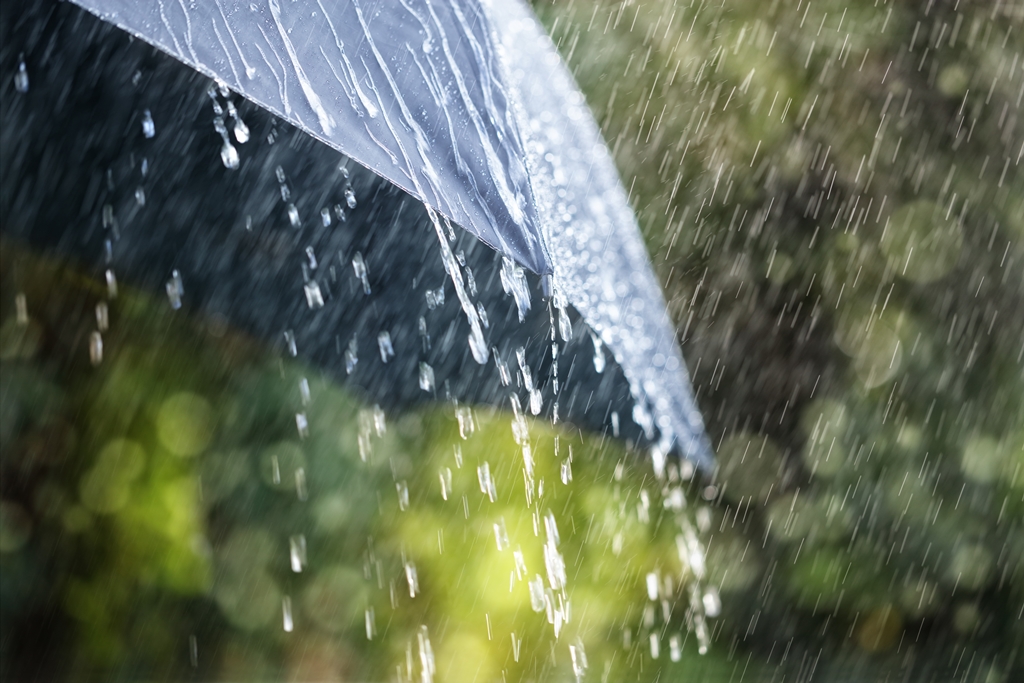Exclusive Content
–
The note you are trying to access is exclusively for subscribers
subscribe
know our plans
and enjoy El País without limits.
–
Get into
If you are already a subscriber you can
Sign in with your username and password.
–
–
Macron will continue in the presidency of France, but the country is no longer the same. If something was clear in these elections, it is that the advance of the right is strong; and this is not only in France but in several European countries.
Macron will have to govern in a country that left bipartisanship behind. “Today’s France is practically divided into thirds: one is from Macron’s liberal party, another supports Le Pen and another part, also important, is with Mélenchon’s left. The two-party France with traditional parties is over, there is already a whole party system in the middle,” Fernando López D’Alessandro, history professor and researcher at the Regional Center for Teachers (CERP), told El País.
In that context, Macron will focus his second term on providing unity and social responses to a country marked by the pressure of the “yellow vests” and to strengthen the European Union, in a warlike context in which the reorganization of world powers is at stake.
“The election in France was internationalized by the current context, with a war in Ukraine involving the powers. Thinking of a France without Macron was a delicate and even dangerous scenario when the world needs a strengthened European Union,” said Ignacio Bartesaghi, doctor in international relations and professor at the Catholic University (UCU).
If Le Pen had won, France’s exit from the European Union (the “French Brexit”) was likely, but Macron’s victory guarantees that the European Union will continue with France as its axis, López D’Alessandro agreed.
In this second term there will be some continuity, but a change in profile is expected in some of the government policies, especially on issues such as migration, inflation and employment, which are so worrying to French society. “Macron will have to attend to that flow of votes that were not with him, because it can cost his second government dearly. He will have to focus on the young French people who abstained from voting and who are the group that most calls for solutions and exerts pressure”, stated Bartesaghi.
At the regional level, the government’s agenda will prioritize the bloc’s needs, such as building its own army in the European Union. “That project, for historical reasons, will surely be led by France, not Germany,” added Bartesagui.
Where is Latin America?
In a complex international context, with threats to security and the impact on the economies of the rise in oil prices, it is likely that Latin America will take a backseat in the French gaze.
“I am no longer the candidate of one field, but the president of all.”

–
Emmanuel MacronFrance’s president
–
–
“It is true that the commodities of this region -referring to rice and other foods- are of interest to the European Union at this time, but the urgencies of France are different. I think that Macron will focus more on the internal affairs of the European Union, not so much on its relations with Latin America. In addition, Macron has a negative view of the European Union-Mercosur agreement and will not change now,” Bartesagui stoned.
Indeed, everything indicates that the Mercosur-European Union agreement, blocked in large part by objections from France, will remain in the freezer since Macron will continue to protect the agricultural production of his country. Nor should we forget that farmers are an important part of the “yellow vests” and the last thing Macron needs is to turn them against him again. This further removes the possibility of the European Union agreement returning to the French table, which would have been a positive springboard for this region; but that scenario is not raised.
“Likewise, the negotiations with the European Union they must continue and solutions must be found to the various roadblocks that appear,” said López D’Alessandro.
The professor points out that Latin America may not pass as low a profile as many analysts believe. “Macron wants a rapprochement with the most important countries in this region, especially Brazil. Macron’s photograph with Lula from a few days ago is symptomatic. In addition, Brazil has a border with France in French Guiana. Here too we must not lose sight of the fact that France can be a good door for Latin America”, he stated.
Regardless of whether or not this region will be the focus of Europe’s interest in the near future, Macron’s victory is, deep down, a triumph of democracy, and that is favorable for the whole world, including Latin America. .
“These elections in France affirm the most democratic sectors, in a world where there is a tangible threat with the growth of the extreme right financed by Vladimir Putin. The Russian bank loans were for Le Pen’s campaign, and the positions of Le Pen and Putin have very little to do with the democratic sense. The proposal of “organic democracy,” as Putin calls it, is the end of democracy,” said López D’Alessandro, who pointed out the need for societies and governments to be more alert.
–


